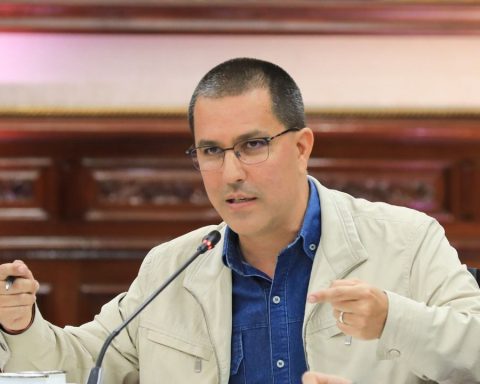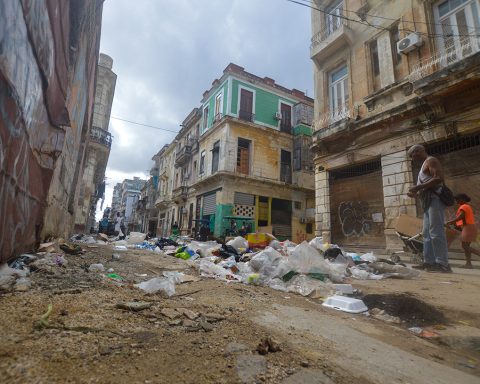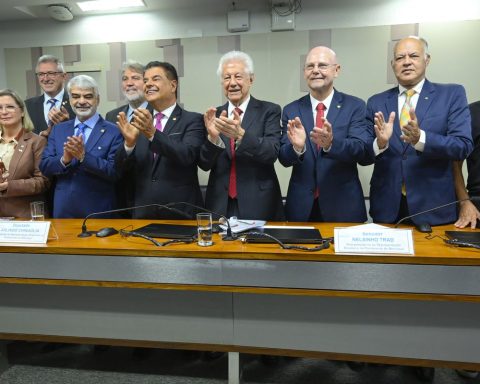Between January and May of this year, 31,123 electrical failures have been registered throughout the territory, a figure that, according to the Blackout Committee, demonstrates “the permanent neglect of the electrical system”.
The Committee of People Affected by Blackouts has registered a continuous increase in the number of failures, going from 3,296 cuts in January to 10,013 in the month of May. speaking for EFEthe president of the committee, Aixa López, said that failures have risen in recent months and this is due to the lack of attention in the national electrical system.
For experts, the crisis generated after the collapse of 2019 has not abated and is the result of a lack of attention, maintenance and investment in the system.
Between January and May of this year, 31,123 electrical failures have been registered throughout the territory, a figure that, according to the Blackout Committee, demonstrates “the permanent neglect of the electrical system.”
“You cannot continue to place hot cloths. A solution must be provided for the entire generation, distribution and transmission network”, he said.
The Zulia state heads the list of cuts registered by this NGO, which ensures that this region is one of the most affected. In this entity, 2,010 failures were documented in May, which contrasts with the 423 recorded last January.
However, although blackouts are more pronounced in inland towns, they also occur in the capital, where there have been 613 power outages so far this year.
The discontent over the constant power outages is reflected in numerous demonstrations, as the Venezuelan Observatory of Social Conflict documented 38 protests over power failures during the first three months of 2023.
The problem also affects indigenous communities in Amazonas (south, bordering Brazil and Colombia), where the NGO Kapé Kapé recently denounced “constant and prolonged power cuts.”
The mechanical engineer and former vice minister of the extinct Ministry of Energy and Mines Víctor Poleo explained to EFE that the electrical crisis is “structural” and dates from 2007, when the companies in this area were absorbed by the state-owned National Electric Corporation (Corpoelec).
«Building the electricity sector of the 20th century took 50,000 million dollars. Needless to say, until 2015, twice the amount of money it took us to build the electrical system in the 20th century was wasted and corrupted,” the specialist asserted.
He stressed that Venezuela was one of the countries that in the 1980s already had “a robust national electrical interconnection system,” with an installed capacity of about 23,000 megawatts, of which today it can only generate about 9,000, according to his data.
Post Views: 266
















